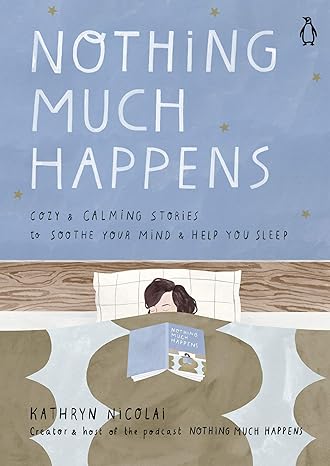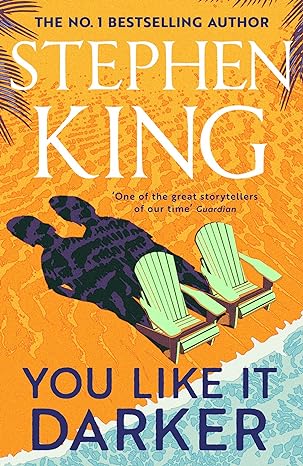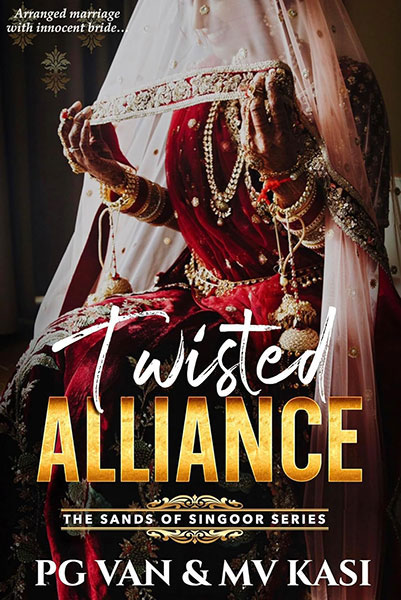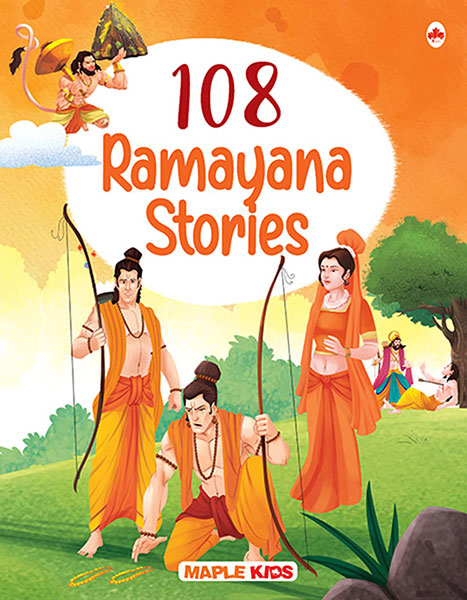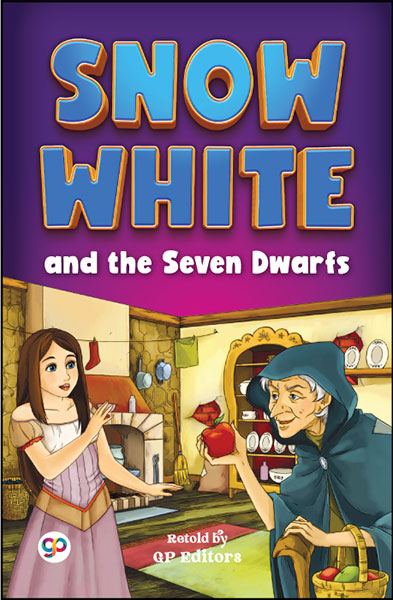
Rikki-Tikki-Tavi
A 19th-century English family discovers a young mongoose half drowned from a flood. They revive it and decide to keep it as a pet. The young mongoose, named Rikki Tikki Tavi, finds himself confronted by two dangerous king cobras, Nag and his even more dangerous wife Nagin, who had the run of the garden while the house was unoccupied. The exciting adventures of Rikki-Tikki-Tavi, the little mongoose, will be a wonderful teacher of true love, devoted friendship, real courage and bravery. This is the story of a boy and his weasel, a bird and a snake, India and the British Empire. Rudyard Kipling's dramatic tale, here excerpted from the greater volume of ‘The Jungle Book’, is the story of the loyal mongoose, ‘Rikk-Tikki-Tavi’ and the lengths to which he must go to protect his adoptive human family.
BEST DEALS
About the Author
Rudyard Kipling (1865-1936) was born in Bombay, but educated in England at the United Services College, Westward Ho, Bideford. In 1882 he returned to India, where he worked for Anglo-Indian newspapers. His literary career began with Departmental Ditties (1886), but subsequently he became chiefly known as a writer of short stories. A prolific writer, he achieved fame quickly. Kipling was the poet of the British Empire and its yeoman, the common soldier, whom he glorified in many of his works, in particular Plain Tales from the Hills (1888) and Soldiers Three (1888), collections of short stories with roughly and affectionately drawn soldier portraits. His Barrack Room Ballads (1892) were written for, as much as about, the common soldier. In 1894 appeared his Jungle Book, which became a children's classic all over the world. Kim (1901), the story of Kimball O'Hara and his adventures in the Himalayas, is perhaps his most felicitous work. Other works include The Second Jungle Book (1895), The Seven Seas (1896), Captains Courageous (1897), The Day's Work (1898), Stalky and Co. (1899), Just So Stories (1902), Trafficks and Discoveries (1904), Puck of Pook’s Hill (1906), Actions and Reactions (1909), Debits and Credits (1926), Thy Servant a Dog (1930), and Limits and Renewals (1932). During the First World War Kipling wrote some propaganda books. His collected poems appeared in 1933. Kipling was the recipient of many honorary degrees and other awards. In 1926 he received the Gold Medal of the Royal Society of Literature, which only Scott, Meredith, and Hardy had been awarded before him. Rudyard Kipling died on January 18, 1936.
Read Sample
Rikki-Tikki-Tavi
At the hole where he went in
Red-Eye called to Wrinkle-Skin.
Hear what little Red-Eye saith:
“Nag, come up and dance with death!”
Eye to eye and head to head,
(Keep the measure, Nag.)
This shall end when one is dead;
(At thy pleasure, Nag.)
Turn for turn and twist for twist—
(Run and hide thee, Nag.)
Hah! The hooded Death has missed!
(Woe betide thee, Nag!)
This is the story of the great war that Rikki-tikki-tavi fought single-handed, through the bath-rooms of the big bungalow in Segowlee cantonment. Darzee, the Tailorbird, helped him, and Chuchundra, the musk-rat, who never comes out into the middle of the floor, but always creeps round by the wall, gave him advice, but Rikki-tikki did the real fighting.
He was a mongoose, rather like a little cat in his fur and his tail, but quite like a weasel in his head and his habits. His eyes and the end of his restless nose were pink. He could scratch himself anywhere he pleased with any leg, front or back, that he chose to use. He could fluff up his tail till it looked like a bottle brush, and his war cry as he scuttled through the long grass was: “Rikk-tikk-tikki-tikki-tchk!”
One day, a high summer flood washed him out of the burrow where he lived with his father and mother, and carried him, kicking and clucking, down a roadside ditch. He found a little wisp of grass floating there, and clung to it till he lost his senses. When he revived, he was lying in the hot sun on the middle of a garden path, very draggled indeed, and a small boy was saying, “Here’s a dead mongoose. Let’s have a funeral.”
“No,” said his mother, “let’s take him in and dry him. Perhaps he isn’t really dead.”
They took him into the house, and a big man picked him up between his finger and thumb and said he was not dead but half choked. So they wrapped him in cotton wool, and warmed him over a little fire, and he opened his eyes and sneezed.
“Now,” said the big man (he was an Englishman who had just moved into the bungalow), “don’t frighten him, and we’ll see what he’ll do.”
It is the hardest thing in the world to frighten a mongoose, because he is eaten up from nose to tail with curiosity. The motto of all the mongoose family is “Run and find out,” and Rikki-tikki was a true mongoose. He looked at the cotton wool, decided that it was not good to eat, ran all round the table, sat up and put his fur in order, scratched himself, and jumped on the small boy’s shoulder.
“Don’t be frightened, Teddy,” said his father. “That’s his way of making friends.”
“Ouch! He’s tickling under my chin,” said Teddy.
Rikki-tikki looked down between the boy’s collar and neck, snuffed at his ear, and climbed down to the floor, where he sat rubbing his nose.
“Good gracious,” said Teddy’s mother, “and that’s a wild creature! I suppose he’s so tame because we’ve been kind to him.”
“All mongooses are like that,” said her husband. “If Teddy doesn’t pick him up by the tail, or try to put him in a cage, he’ll run in and out of the house all day long. Let’s give him something to eat.”
They gave him a little piece of raw meat. Rikki-tikki liked it immensely, and when it was finished he went out into the veranda and sat in the sunshine and fluffed up his fur to make it dry to the roots. Then he felt better.
“There are more things to find out about in this house,” he said to himself, “than all my family could find out in all their lives. I shall certainly stay and find out.”
He spent all that day roaming over the house. He nearly drowned himself in the bath-tubs, put his nose into the ink on a writing table, and burned it on the end of the big man’s cigar, for he climbed up in the big man’s lap to see how writing was done. At nightfall he ran into Teddy’s nursery to watch how kerosene lamps were lighted, and when Teddy went to bed Rikki-tikki climbed up too. But he was a restless companion, because he had to get up and attend to every noise all through the night, and find out what made it. Teddy’s mother and father came in, the last thing, to look at their boy, and Rikki-tikki was awake on the pillow. “I don’t like that,” said Teddy’s mother. “He may bite the child.” “He’ll do no such thing,” said the father. “Teddy’s safer with that little beast than if he had a bloodhound to watch him. If a snake came into the nursery now—”
But Teddy’s mother wouldn’t think of anything so awful.
Early in the morning Rikki-tikki came to early breakfast in the veranda riding on Teddy’s shoulder, and they gave him banana and some boiled egg. He sat on all their laps one after the other, because every well-brought-up mongoose always hopes to be a house mongoose some day and have rooms to run about in; and Rikki-tikki’s mother (she used to live in the general’s house at Segowlee) had carefully told Rikki what to do if ever he came across white men.

